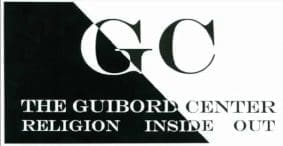In a world where conflict, hate, and violence seem never-ending, how can we overcome racism and injustice? The Rev. James Lawson believes that nonviolence, rooted in truth and love, is key to winning the struggle. And by nonviolence, he doesn’t mean being passive. When based in truth and love, nonviolence includes taking direct action to resist wrongs and confront injustice.
Our event Light in the Darkness took place weeks after one of the most divisive presidential elections in U.S. history. Amid threats of nationwide violence and the ongoing Covid crisis, we invited faith leaders to explore the spiritual and political challenges facing us and ways we might respond.
Rev. Lawson, our keynote speaker, opened the conversation. “You won’t like what I’m going to say,” he began, “because very few folk in the United States think it’s important.” He then explained the historical roots of nonviolence, which he contended grew in the U.S. Black community through the Negro spiritual.
Nonviolence, Truth and Love
These spirituals or hymns began under force – owners ordered slaves to sing in order to track their location. But with themes of spiritual freedom and power, the songs became a “first line of defense” against slaves’ circumstances. Despite their shackles, African Americans knew themselves to be free because their souls lived beyond this world, in God’s dignity, truth and love. Choosing this truth, rooted in compassion, was what fueled the Underground Railroad, an early example of nonviolent resistance. Truth and love also powered the U.S. nonviolent movement for civil rights – for which Rev. Lawson was a key strategist.
Like Gandhi did, Rev. Lawson believes that love is the most powerful force available to humankind. And he shared his belief that if the U.S. doesn’t overcome racism, sexism, violence and plantation capitalism with nonviolence, truth and love, we will help lead civilization to self destruction.
From there, our panelists reflected on Rev. Lawson’s comments. They shared thoughts on the current social and political landscape and how we can stay grounded in truth and love. We hope to continue this important discussion on nonviolence and the struggle for a more just and compassionate country.
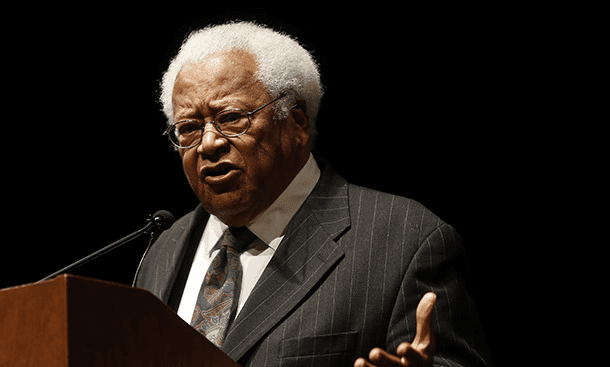
Rev. James M. Lawson
The Rev. James M. Lawson Jr. is internationally recognized as the leading strategist and trainer to U.S. nonviolence leaders and a confidant to the Rev. Dr. Martin Luther King, Jr. Time Magazine listed Rev. Lawson as one of seven icons of the nonviolence movement who paved the way for President Barack Obama’s historic election. He has held professorships at institutions...
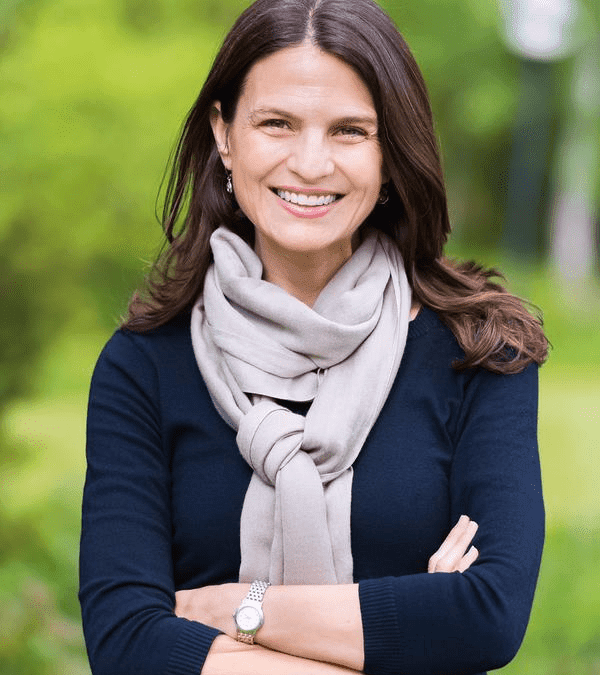
Rabbi Sharon Brous
Rabbi Sharon Brous is the senior and founding rabbi of IKAR.Begun in 2004, IKAR has become a model for Jewish revitalization in the US and beyond. With the goal of reinvigorating Jewish practice and inspiring people of faith to reclaim a moral and prophetic voice, it quickly became one of the country’s fastest growing and...
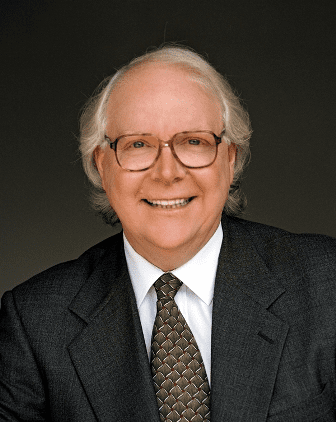
Stephen Rohde
Stephen Rohde is a constitutional lawyer, lecturer, writer and political activist. He co-founded and currently serves as Chair of Interfaith Communities United for Justice and Peace (ICUJP). Steve also is the immediate past Chair of the ACLU of Southern California, Chair of Death Penalty Focus, and Chair Emeritus of...
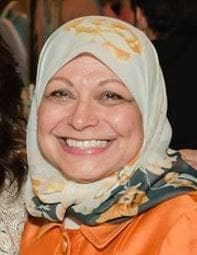
Hedab Tarifi
Born in Gaza, Palestine, Hedab Tarifi moved to the U.S. after the first Gulf War. She has been active in the Southern California Muslim community since 1994, working to build bridges and bring people together. Hedab served as the first female Chair of the Muslim Public Affairs Council (2007) and the Islamic Center of...
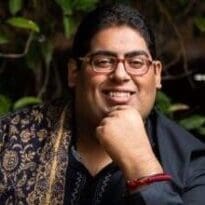
Tahil Sharma
An interfaith activist, Tahil Sharma was born to a Hindu father and a Sikh mother. Following the Oak Creek, WI shooting at a Sikh temple in 2012, Tahil became involved in efforts for interfaith literacy and social justice. He has done this work professionally for the past seven years. Tahil serves as the Regional Coordinator for North America for the United Religions...
